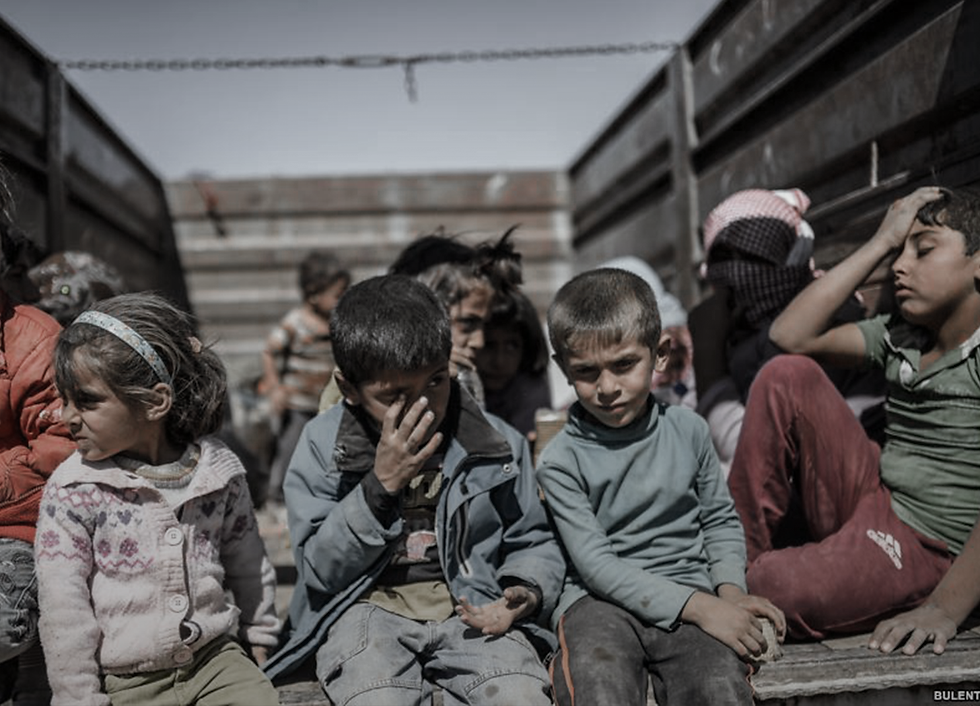002: The Dark Horse of South Sudan
- Aishwari Krishna

- Nov 25, 2018
- 2 min read
Everyone reading this article has felt hunger pangs at some point. Maybe it's been such a busy day and you haven't had time for lunch, or there's nothing appealing stocked in your kitchen. But people all over the world suffer from a much more serious form of appetite issues, where their health is at serious risk.
In South Sudan, war has ravaged the lands for the past few years. Civilian deaths due to the violence have reached staggering numbers, and because the land is no longer suitable for agriculture, almost one hundred thousand people suffered from famine in 2017 alone. In such dire condition, finding a solution to all of the innocent lives being lost in this part of the world is integral to anthropic welfare. After all, it is said that the black horse defined in the biblical four horsemen of the apocalypse is a portrayal of famine itself.
People may come across hunger under very different circumstances, but the effect it has on our bodies is undeniably grave either way. According to 30 Hour Famine, concentration drops, hearts shrink, bones stop growing, toxins start to overwhelm the body, and skin cracks.
The skin, kidneys and liver are all organs—meaning three dimensional bioprinting provides a cure for the problems initiated through their failure. When the skin cracks, it is more pervious to infection. The immune system being already weakened through a lack of energy and therefore dying white blood cells, the first physical defense being compromised results in a flux of disease. The kidneys and liver play a huge role in the digestive system, making sure to filter out not only waste product, but toxins in order to prevent them from staying within the body. Without a functioning filtering system, even simply drinking water puts the individual at risk.
Of course, the best cure for hunger is always food, but the aftereffects of malnutrition are not so simply solved. Many people require transplants which they do not have access to, and bioprinting works around this issue.
Since bioprinting is fast, and poses a lower risk to the patient, it is a viable solution to those suffering from starvation like those in South Sudan. In the future, if it became a commonplace method of replacing organs, it would likely be the best method in which to provide aid to those in grim medical conditions and in need of an organ.
Our limits are measured in threes. Three days without water... and three weeks without food. Many people don't survive long enough to get the help they need because they don't have access to it. But three dimensional bioprinting, in the future, could help them get the aid they need and eventually prevent deaths.




Comments